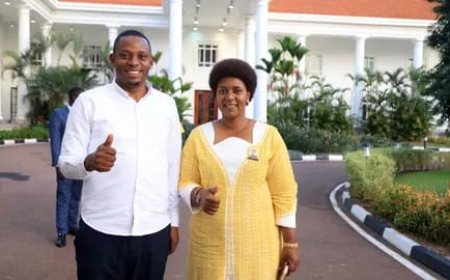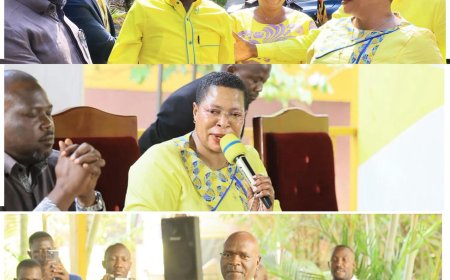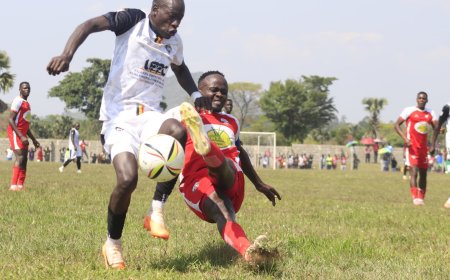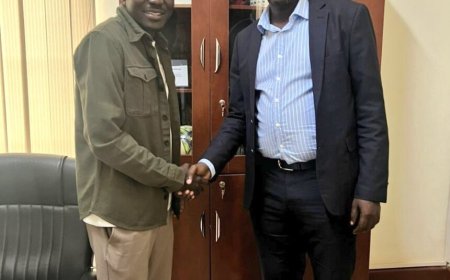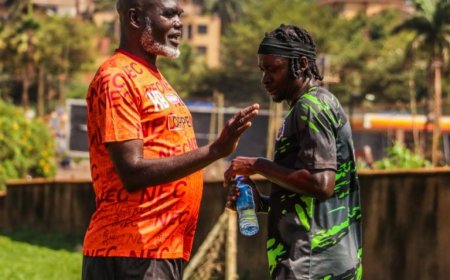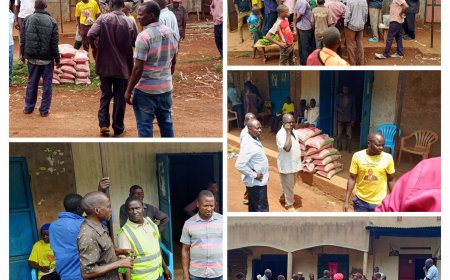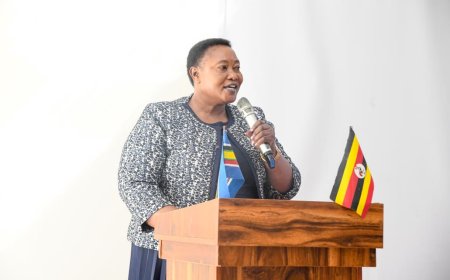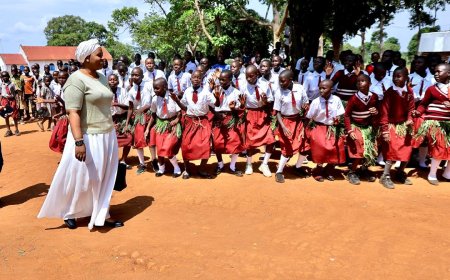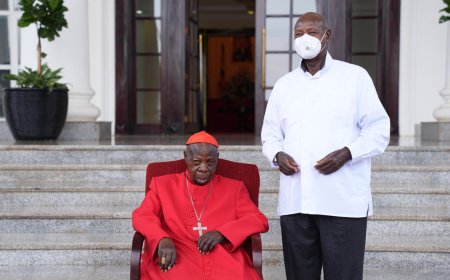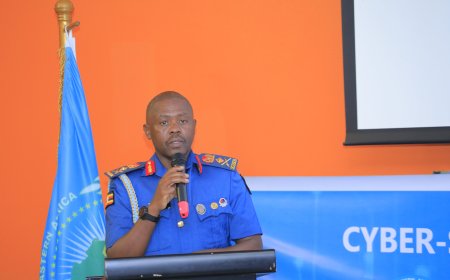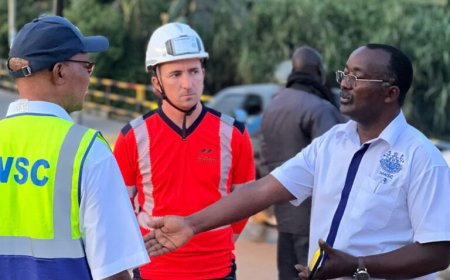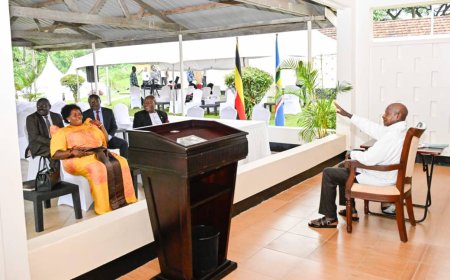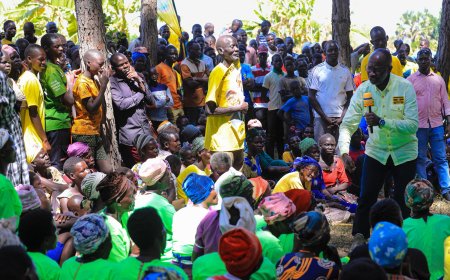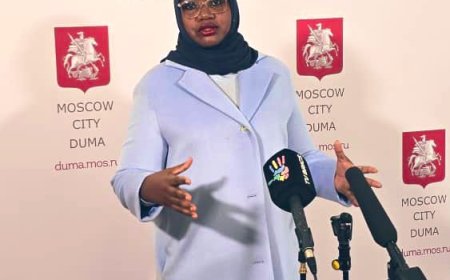President Museveni Meets Bugisu Leaders, Highlights Strategic Priorities for Coffee Value Addition and Development
The President said he decided to attend the meeting to offer analytical clarity on issues that shape government planning and investment, noting that Uganda’s development model has always been anchored on working closely with citizens and ensuring they understand the rationale behind government programmes.
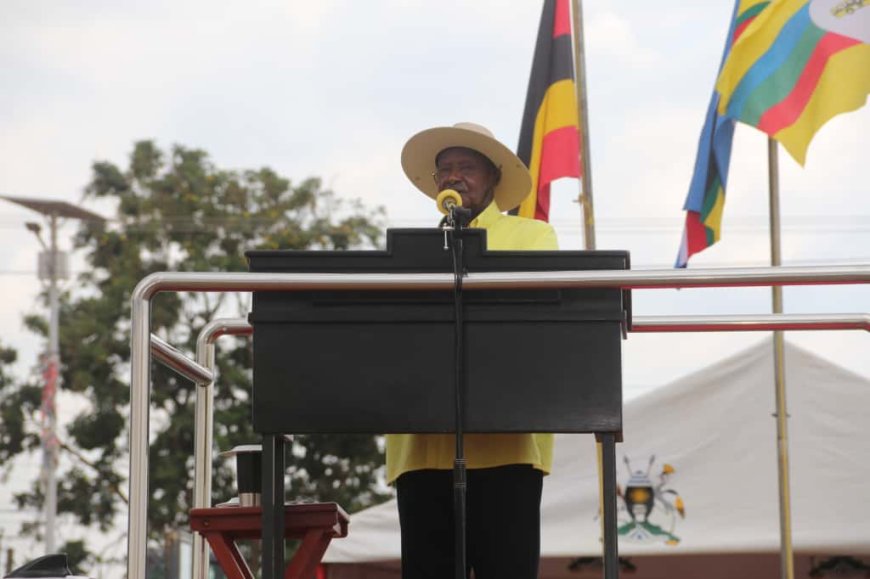
President Yoweri Kaguta Museveni has emphasized the importance of informed leadership and value-added production as key pillars for accelerating Uganda’s transformation. He made the remarks during a meeting with leaders from the Bugisu subregion held in Mbale, where he joined the Rt. Hon. Speaker of Parliament and other senior officials to discuss regional concerns and national development priorities.
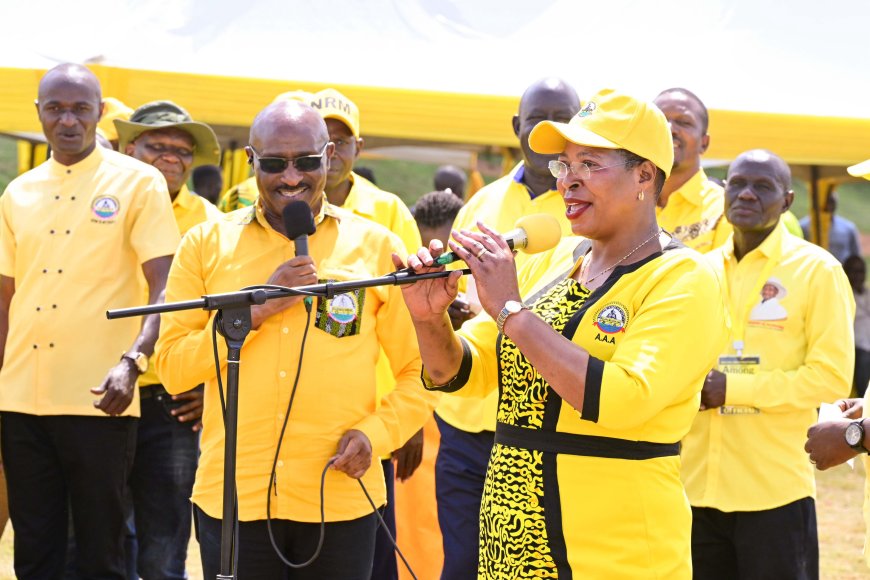
The President said he decided to attend the meeting to offer analytical clarity on issues that shape government planning and investment, noting that Uganda’s development model has always been anchored on working closely with citizens and ensuring they understand the rationale behind government programmes.
“I came to share our analysis of issues and what informs our development priorities. In Uganda we work with people, and I always want to leave them with knowledge,” President Museveni said.
He added that while many leaders appreciate this approach, others unfortunately distort information and mislead communities, sometimes even escalating misinformation to the level of incitement and terrorism.
Coffee Value Addition Takes Center Stage
A major highlight of the President’s address was the coffee sector, a lifeline for thousands of households in Bugisu and across the country. Museveni reiterated that Uganda’s scientists had developed a more resilient coffee variety around 2013, which was subsequently multiplied and distributed nationwide through Operation Wealth Creation (OWC).
Despite this progress, he noted that farmers continue to earn less than they should due to the persistent export of unprocessed coffee beans. According to the President, this leaves Uganda vulnerable to global price manipulation and prevents citizens from benefiting from the broader, more lucrative value chains that exist on the international market.
“We are still exploited on pricing because we sell unprocessed while the global market is much wider,” Museveni told the leaders.
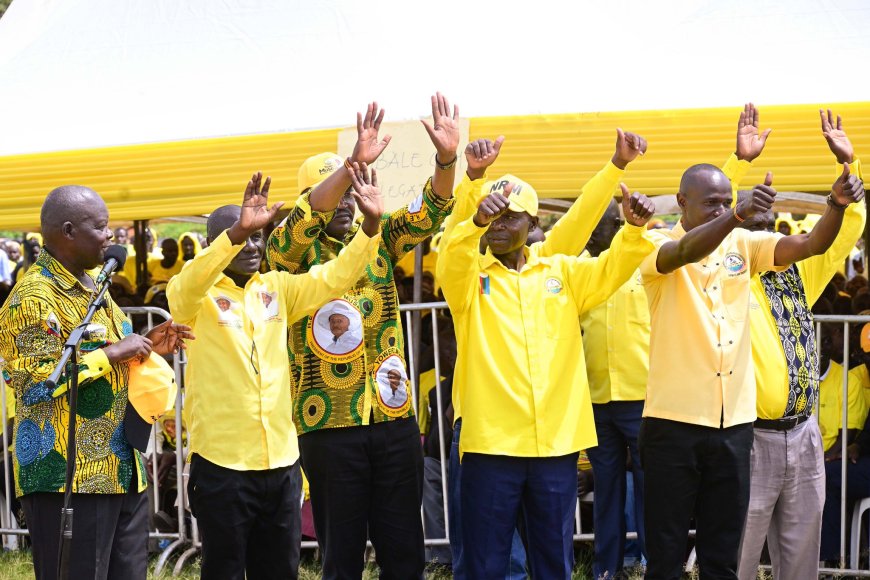
He urged them to rally behind government efforts aimed at establishing local processing industries so the country can stop bleeding revenue and start exporting finished coffee products.
The Bugisu region, renowned for its high-grade Arabica coffee, stands to benefit significantly from such reforms. Museveni encouraged district leaders, MPs, cooperatives, and local entrepreneurs to work with government to actualize value-addition strategies that will push farmers out of subsistence and into wealth creation.
Calling for Unified Leadership and Accurate Information
President Museveni cautioned leaders against the dangers of misinformation, saying false narratives are among the biggest obstacles to Uganda’s social-economic transformation.
“We would be much further if there was nobody misinforming our people,” he said. He appealed to leaders to act as truthful conduits of information, helping communities understand the opportunities available in government programmes rather than misleading them for political gain.
The Head of State also emphasized that development must be anchored on unity, knowledge-sharing, and disciplined leadership capable of guiding communities toward productivity and prosperity.
Strengthening Collaboration for Regional Growth
The meeting in Mbale comes at a time when government is intensifying efforts to industrialize the country, expand agro-processing, improve household incomes, and modernize agriculture. The Bugisu subregion—rich in coffee, horticulture, and tourism potential—remains a critical pillar in the Eastern Uganda development framework.
By engaging leaders directly, Museveni said the intention is to ensure alignment between government strategies and grassroots realities, especially in agriculture-driven economies like Bugisu.
He reaffirmed his administration’s commitment to supporting the subregion through infrastructure development, improved service delivery, and interventions that enhance productivity.
A Path Toward Shared Prosperity
The President’s interaction with the Bugisu leaders ended with renewed calls for partnership and a shared responsibility to eliminate poverty through value addition, knowledge-driven decision-making, and community mobilization.
As Uganda continues its push toward middle-income status, Museveni’s message in Mbale served as a reminder that the country’s transformation depends heavily on empowered citizens and leaders working collaboratively to overcome misinformation and embrace opportunities in the modern economy.
